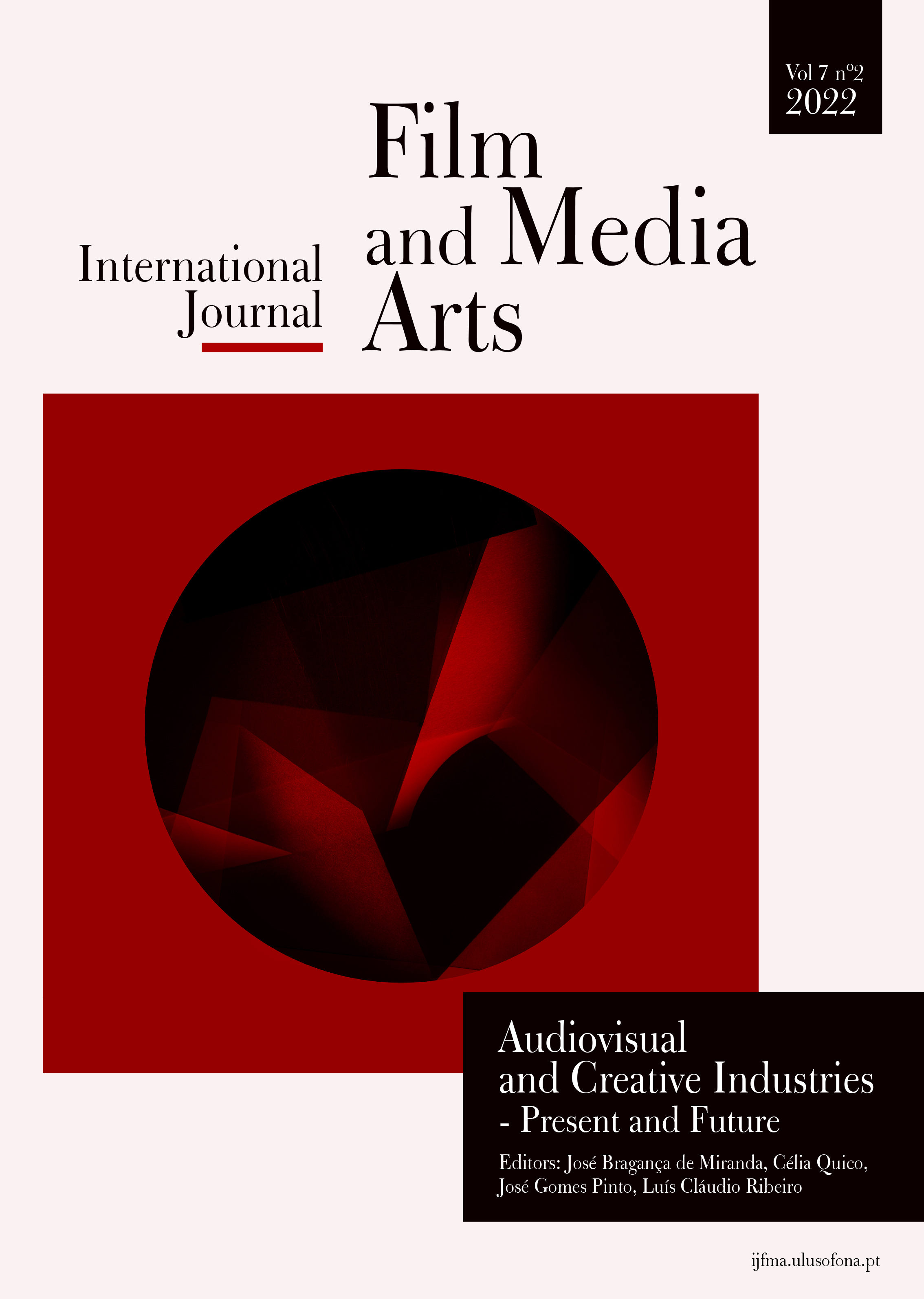Digital Spectacles of Violence: Film, TV and Social Media Entanglements in 2010’s Brazil
Abstract
The study of cultural industries, in particular the complex manifestations of spectacle, has produced valuable contributions that articulate capitalism, globalization and culture. The revisitation of this legacy, especially in dealing with Latin American phenomena, is this paper’s effort. Two case studies that took place in the 2010’s, in Brazil, underpin a reflection on mediated crimes in a digitalized, but still inequal society. The first tells of a prisoner’s self-recorded video, made in response to TV Globo’s news piece about a 2017 massacre; the second examines a reenactment of a 2000 crime that happened on the bridge Rio-Niterói in 2019, and referenced not only a real hijacking, but its film representations (Bus 174 and Last Stop 174). Invoking examples of exceptionality, the article aims at delineating how certain digital spectacles of violence can be understood as direct responses to cultural texts: even though practices of socialization via the internet pose questions of accelerated efficiency (in reaching wider audiences, and updating the meaning of live events), the social and aesthetic performances involving violence retrieve long-standing traditions created by modern institutions.
Copyright (c) 2022 International Journal of Film and Media Arts

This work is licensed under a Creative Commons Attribution-NonCommercial 4.0 International License.











